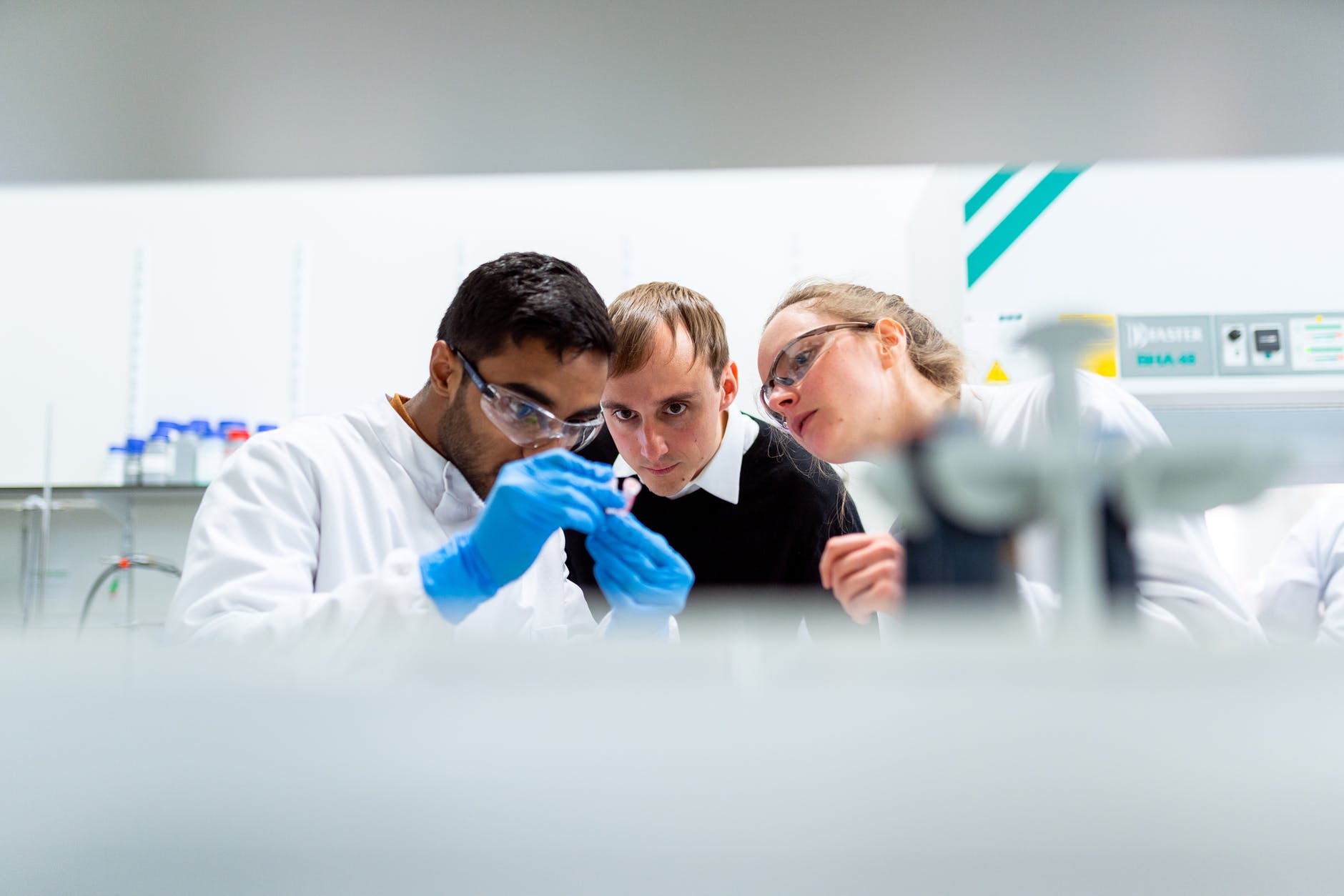
Can remdesivir from Gilead Sciences end the coronavirus pandemic? Gilead Sciences reported that at least 50% of patients improved in their clinical trial.
The American biopharmaceutical company announced the preliminary results of the remdesivir trial on Wednesday.
Their findings show that at least 50% of patients who took a five-day dosage of remdesivir improved. Meanwhile, more than half left the hospital within two weeks.
Gilead also said another trial from the National Institute of Allergy and Infectious Diseases (NIAID) achieved its main goal. However, the company did not give more details.
The NIAID’s drug trial showed "quite good news," according to White House health expert Dr. Anthony Fauci. The remdesivir drug trial studied about 800 patients. Fauci also said remdesivir would set a new standard of care for COVID-19 patients.
Fauci told reporters that the data from the trial manifested a “clear-cut positive effect in diminishing time to recover.”
Meanwhile, the Food and Drug Administration (FDA) is currently in “sustained and ongoing” discussions with Gilead to make remdesivir available to Covid-19 patients “as quickly as possible, as appropriate,” according to FDA senior advisor Michael Felberbaum.
Gilead stock rose by over 6% in midday trading.
"Single-arm"
The smaller clinical trial of the company evaluated 397 patients with severe cases of COVID-19. The severe study is “single-arm.” This means there was no evaluation of the antiviral drug against a control group of patients who did not take the drug.
Their investigation monitored two groups of patients with COVID-19. The first one underwent a five-day treatment of remdesivir, while the other group had the drug for 10 days.
Based on their research, more than half the patients in both treatment groups left the hospital within 14 days. Moreover, data shows that 64.5% of the patients who had the shorter treatment were discharged, compared with 53.8% of the group who underwent treatment for 10 days.
“These data are encouraging as they indicate that patients who received a shorter, five-day course of remdesivir experienced similar clinical improvement as patients who received a 10-day treatment course,” said Aruna Subramanian, a lead investigator of the study.
Remdesivir was a promising candidate for treating SARS and MERS. Coronaviruses caused these diseases too. Some health authorities in the U.S., China and other parts of the world use remdesivir in hopes that the drug can reduce the time of recovery for COVID-19 patients
Not a cure
Dr. Scott Gottlieb considered remdesivir as “part of a better toolbox” for dealing with the coronavirus. However, he said on CNBC’s “Squawk Box” that it’s “not a home run, a cure by any means.”
“It’s not going to be a cure, but it is going to be a drug potentially that if you use it particularly early in the course of the disease ... it could reduce their chances of having a really bad outcome,” he said.
According to an article by Lisa M. Jarvis on c&en, remdesivir, an intravenous drug, may be limited to those in severe conditions in hospitals.
"By the end of May, the firm expects to have made roughly 140,000 treatment courses for a 10-day regimen. By increasing both internal capacity and outsourcing, the firm hopes to make an additional 500,000 courses by October, 1 million courses by the end of the year, and, if needed, several million courses in 2021," Jarvis writes.






